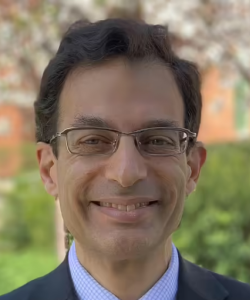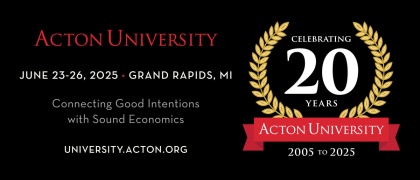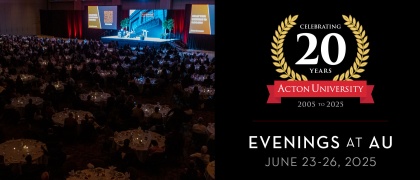As America has grown wealthier, it has paradoxically suffered from higher levels of social decay: broken homes, loneliness, drug overdoses, decreased life expectancy. There have been many proposed solutions, but most view the hollowed-out neighborhoods of Detroit or Appalachia either as empty vessels to be filled or as backward vestiges that need to be reorganized and rescued. Instead, we should look for leaders, activists, or innovative social entrepreneurs who are working to make things better. But not just any help will do. Instead, the pathway to revitalization is to work horizontally across the landscape to strengthen the interconnected web of institutions and relations locale by locale while finding ways for each locale to work with the others. Resources can help, but without social cohesion, they are insufficient. Rather than replace these leaders with fancy new policy interventions, public policy should help communities build on what's working.
This event is organized by PovertyCure, an initiative of the Acton Institute which seeks to ground the battle against global poverty in a proper understanding of the human person and society. Dr. Kaplan’s lecture is hosted concurrently with the 2024 PovertyCure Summit, an online event. To view the livestream and virtually attend the complete summit, register here.











